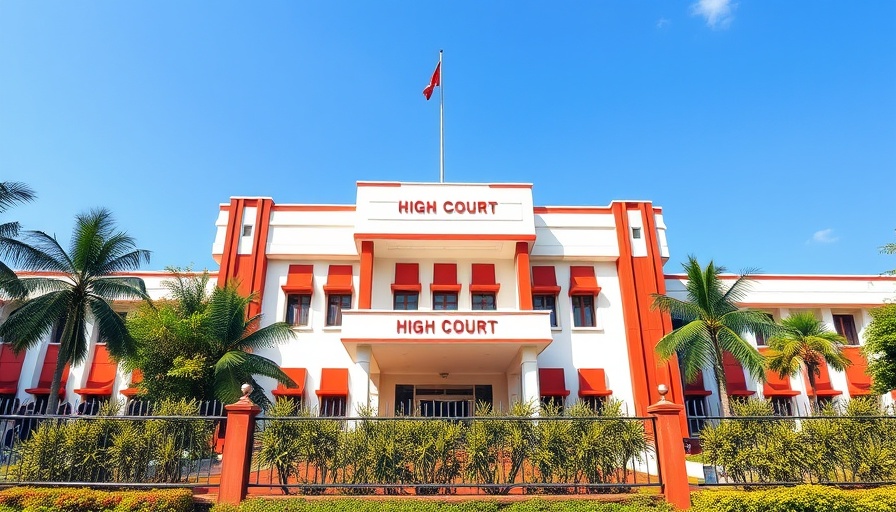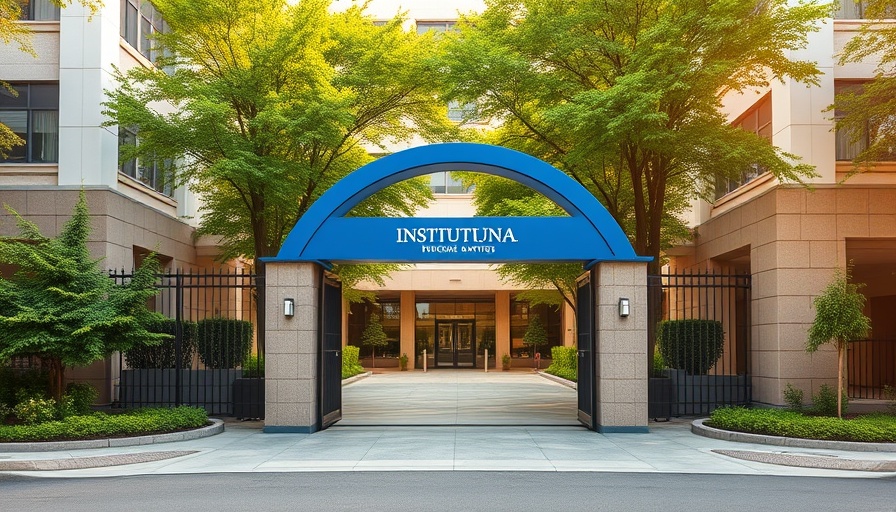
The Tragic Case of Medical Negligence and Its Implications
In a recent heart-wrenching case, the death of a patient following the administration of spinal anaesthesia by a general practitioner has reignited discussions about medical negligence in healthcare. A High Court ruling has determined that this negligence cannot be classified as culpable homicide, which has left many wondering about the accountability of healthcare professionals in critical situations.
Understanding Medical Negligence
The concept of medical negligence is fraught with complexities. It usually refers to a breach of duty by a healthcare provider that results in harm to a patient. The court emphasized that while negligence may have occurred, the intention to cause harm is crucial in determining legal culpability. This distinction is critical, especially as healthcare providers often operate under immense pressures and constraints.
The Role of Specialists in Anaesthesia
Anaesthesia is a highly specialized field requiring extensive training and expertise that goes beyond what a general practitioner can typically provide. The absence of a specialist in this case raises concerns about the standards of practice within medical facilities, especially in emergencies. Such situations underscore the need for clear guidelines regarding when general practitioners should refer patients to specialists, particularly when performing risky procedures.
Spotlighting Healthcare Accessibility and Telemedicine
This unfortunate incident reiterates an ongoing dilemma in healthcare: the accessibility of specialists. In many areas, patients may struggle to find timely access to a qualified anaesthetist, leading to dangerous situations. The rise of telemedicine could be a solution, offering virtual consultations with specialists who can assess cases and provide guidance remotely. Interestingly, in a future where telemedicine is fully integrated into healthcare, such cases may be mitigated, creating a more robust system of support for practitioners and patients alike.
Community Reactions and Emotions
The community's response to this decision has been mixed. While some express sympathy for the grieving family, others feel frustrated about a system that seems to afford leniency to healthcare professionals in cases of error. Personal anecdotes shared by community members highlight a pervasive anxiety regarding medical procedures, with many reporting feelings of vulnerability when undergoing treatment.
Future Implications and Need for Systemic Change
As the healthcare landscape evolves, there is a pressing need for systemic changes to prevent similar incidents. This includes improved communication between general practitioners and specialists, better training for non-specialists, and more transparent protocols for critical medical procedures. Ensuring the safety of patients should always be at the forefront of healthcare practices.
Taking Action for Better Healthcare Standards
The sad reality is that cases like this one can lead to more than just legal implications; they can change lives forever. As advocates for our own health, it is essential to stay informed about our treatment options and the professionals responsible for our care. We can push for more stringent safety measures, promote telemedicine as a viable solution, and demand accountability from our healthcare systems.
In conclusion, while the court's ruling may clarify the legal ramifications of medical negligence, it also serves as a call to action for stakeholders within the healthcare system to reevaluate practices, enhance skills, and strive for a community that prioritizes patient well-being above all.
 Add Row
Add Row  Add
Add 




Write A Comment